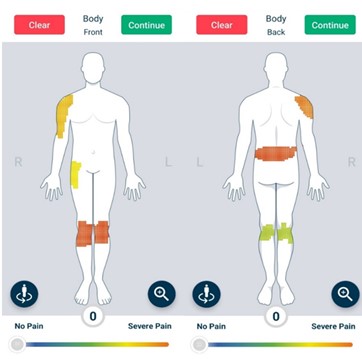Addressing Ethnic Health Inequities by Improving the Inclusiveness of Digital Health Research for South Asians
DOI:
https://doi.org/10.31273/eirj.v11i3.1566Keywords:
inclusive research, ethnic health inequities, digital health research, digital health apps, South Asians, inequalitiesAbstract
South Asians are one of the largest ethnic minority groups in the United Kingdom. They face the multi-faceted burden of higher prevalence of long-term health conditions, worse access to health services, and poorer health outcomes. With the increase in digitally enabled health services, it is important to ensure that digital health apps are helping to address existing ethnic health inequities instead of creating new or exacerbating existing ones. Therefore, we need to engage with South Asians (SAs) early on and widen their participation in digital health research. However, there are several barriers to doing this effectively. Based on their experience of engaging with South Asians for developing and evaluating four health apps, the authors recommend technology developers and health researchers to understand the cultural context of common health behaviours of South Asians, and then consider the accessibility features of digital health apps and inclusivity of research procedures. This will contribute to making digital health research more inclusive for South Asians, and ultimately to reducing ethnic health inequities.
Downloads

Downloads
Published
Issue
Section
License
Copyright (c) 2024 Syed Mustafa Ali, Norina Gasteiger, Yumna Masood, Angela Davies, Caroline Sanders, Emma Stanmore, Sabine N va der Veer

This work is licensed under a Creative Commons Attribution 4.0 International License.
Authors who publish with this journal agree to the following terms:
Authors retain copyright and grant the journal right of first publication with the work simultaneously licensed under a Creative Commons Attribution License (CC-BY), which permits use and redistribution of the work provided that the original author and source are credited, a link to the license is included, and an indication of changes which were made. Third-party users may not apply legal terms or technological measures to the published article which legally restrict others from doing anything the license permits.
If accepted for publication authors’ work will be made open access and distributed under a Creative Commons Attribution (CC-BY) license unless previously agreed with Exchanges’ Editor-in-Chief prior to submission.
Authors are able to enter into separate, additional contractual arrangements for the non-exclusive distribution of the journal's published version of the work (e.g., post it to an institutional repository or publish it in a book), with an acknowledgement of its initial publication in this journal.
Authors are permitted and encouraged to post their work online (e.g., in institutional repositories or on their website) prior to and during the submission process, as it can lead to productive exchanges, as well as earlier and greater citation of published work. (see: The Effect of Open Access)
